- YouTube
- TikTok
History Comes Alive
Oakland University lecture series kicks off Sept. 18 with look at OU’s past
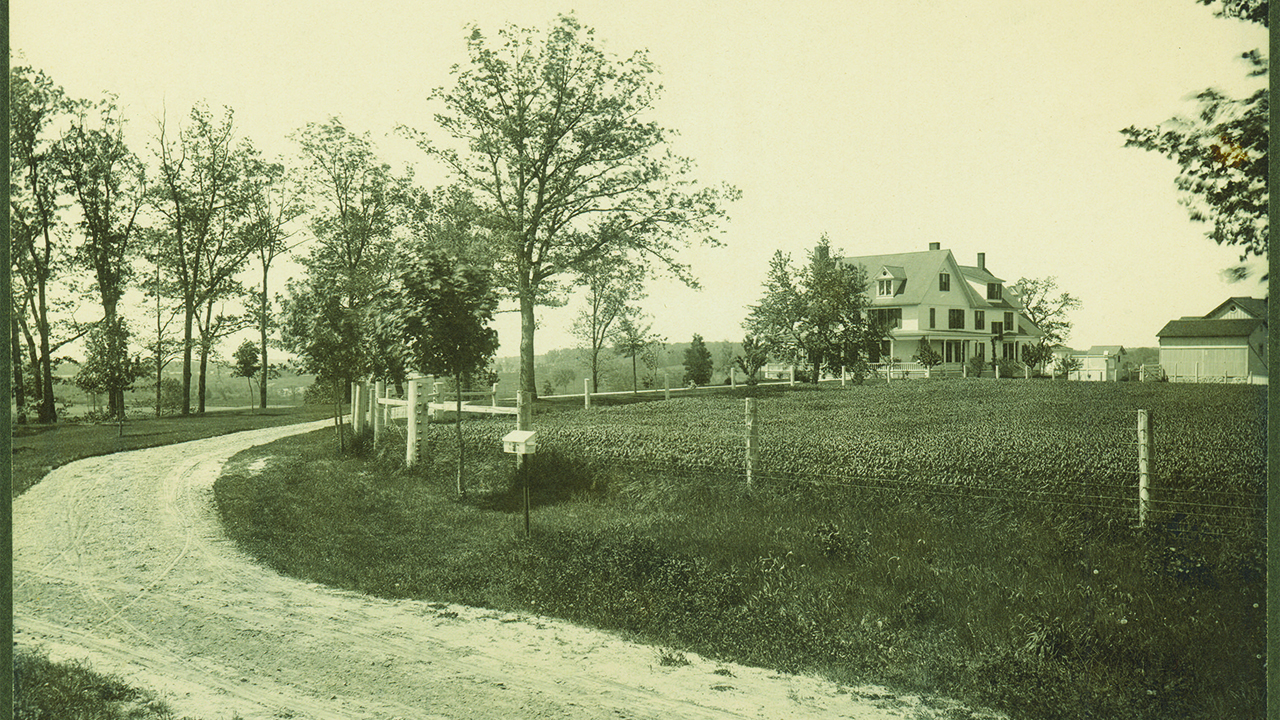
Now in its 15th year, Oakland University’s popular History Comes Alive lecture series will return on Tuesday, Sept. 18 with a special presentation on “How Meadow Brook Farms Became Oakland University” by Dominique Daniel, an associate professor with OU’s Kresge Library, in Gold Rooms A and B at the Oakland Center.
“As the first public university in Michigan started with private money, Oakland’s history is unique,” said Daniel, who also serves as humanities librarian for history and modern languages, as well as coordinator of the library’s archives and special collections.
During her talk, Daniel will use Oakland University’s archival collection of historic photographs to explore what life was like on and off campus in the early days, how Alfred and Matilda Dodge — who donated their 1,400-acre estate, its buildings and $2 million to Michigan State University to establish what became Oakland University — contributed to it, and how the university developed.
“I was thrilled when Dr. Daniel agreed to deliver this lecture,” said James Naus, Ph.D., associate professor and chair of the Department of History at Oakland University. “I think it will be a fantastic way to kick off the new History Comes Alive season. It also seems appropriate to be reflecting on Oakland’s beginning in the midst of so much growth.”
The lecture series, which offers a unique glimpse into the past by highlighting a variety of historic events — some serious, some not so serious — will continue through March 19, 2019. All lectures will begin at 7 p.m. in the Oakland Center.
This year’s topics will also include:
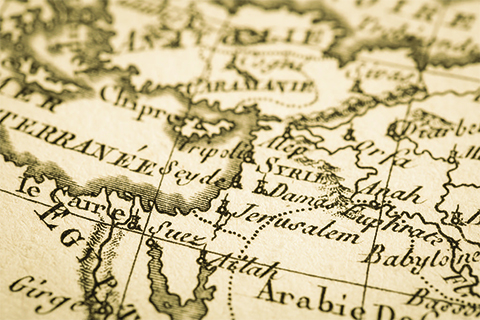 |
• America’s Jerusalem: Conflict, peacemaking and national identity — Tuesday, Oct. 16, 2018 in Gold Rooms B and C: Don Matthews, Ph.D., an associate professor of history, will explore the consequences of moving the U.S. Embassy in Israel to Jerusalem and the history of American attachment to Jerusalem.
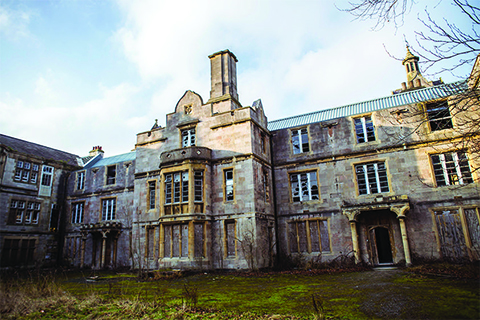 |
• The Mad Irish and the Development of the Insane Asylum — Tuesday, Nov. 13, 2018 in Gold Rooms B and C: Despite poverty and Ireland’s colonial status, British administrators and physicians built the first state-run system of care for the mentally ill in the early 19th century. Seán Farrell Moran, an associate professor of history, will explore how this marked a dramatic move toward a more humane treatment of the insane, and how it also reveals much about how Ireland challenged the foundations of British self-identity and power.
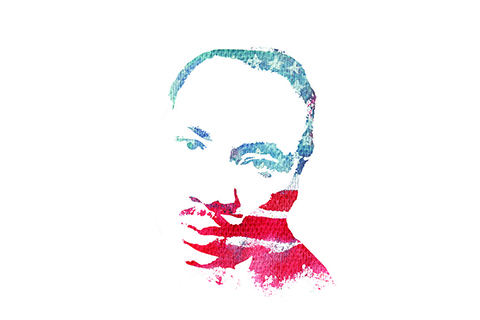 |
• Martin Luther King, Jr. and the Fight Against Racism — Wednesday, Jan. 16, 2019 in Gold Rooms B and C: This presentation by De Witt S. Dykes, Jr., Ph.D., an associate professor of history, will analyze the factors that enables Dr. King to become a major spokesman for racial equality and to achieve international recognition for his philosophy and work.
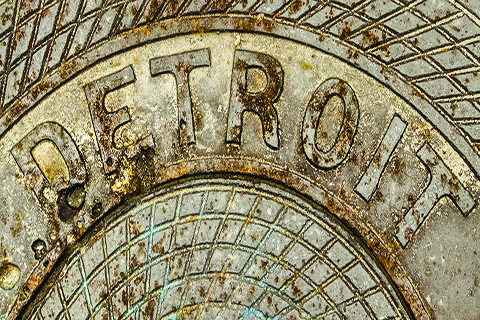 |
• Building the Paris of the Midwest: Detroit in the 1920s — Wednesday, Feb. 13, 2019 in Gold Rooms B and C: During the 1920s, Detroit’s leadership envisioned the city as an international center of commerce and culture. Karen A.J. Miller, Ph.D., an associate professor of history, will examine how this enthusiasm led to one of the largest urban building sprees in American urban history, as well as the profound implications this tremendous growth had for the future development of the city and its people.
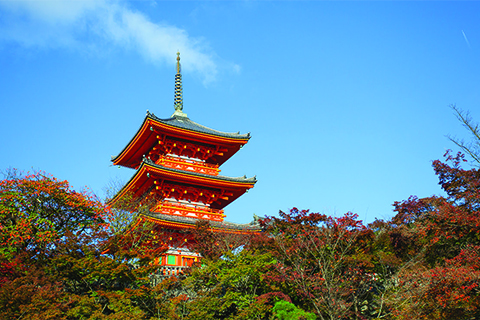 |
• The End of the World in Japanese Buddhism — Tuesday, March 19, 2019 in Gold Rooms B and C: Some centuries after the time of the historical Buddha, a number of Buddhists in East Asia began to think hard about the history of their creed. They had a feeling something had gone wrong in the teachings and practices of Buddhism, and they took up contemplation of this history in order to understand what went wrong and what the future might hold. This talk, by William Londo, Ph.D., a special lecturer of history, will consider the impact this historical analysis had on the evolution of Buddhism in Japan, especially during the 10th through the 12th centuries.
“The schedule this year is really fantastic,” Naus said. “I look forward to connecting with our longtime attendees, and am excited to meet new ones.”
The lecture series is made possible by generous contributions from: The Knudsen Family Foundation, The Office of the Dean of the College of Arts and Sciences and The Office of the Senior Vice President for Academic Affairs and Provost, with special thanks to founding sponsors John and Annette Carter.
Admission to each lecture is free, but reservations are requested. To reserve a space, call (248) 370-3511 or email jkessler@oakland.edu.


 September 14, 2018
September 14, 2018